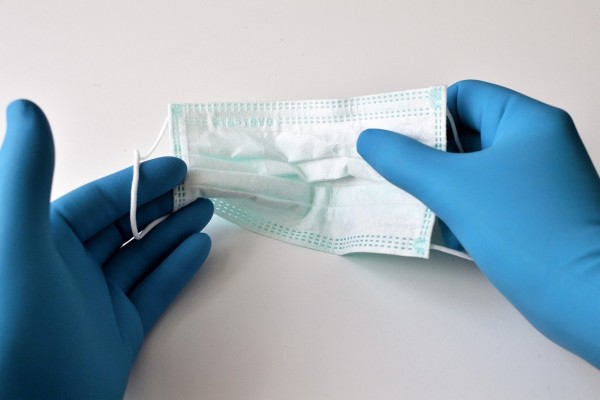Sociopaths Are Less Likely to Follow COVID-19 Rules, How True is This?
Wearing a mask is one of the easiest things to do to control the current pandemic. However, some people around the world are turning to protests and violence to voice out their frustrations in mask-wearing.
A study conducted at the State University of Londrina in Brazil shed light on this situation. Researches found out that people who exhibit sociopathic traits are more likely to disregard COVID-19 prevention measures, such as wearing a face mask and observing proper social distancing.
People with antisocial traits have low levels of empathy and are risk-takers. They show high levels of callousness and deceitfulness with little regard for public health measures.
READ ABOUT: Permanent Stress Linked to Schizophrenia
The findings explained that these traits partially explained why even with the increasing number of cases and deaths, these people still continue to not adhere to containment measures.
The study found that those who have exhibited high levels of empathy were more likely to comply with COVID-19 guidelines as they believed it is their responsibility to do so.
In contrast, those people who scored high in the sociopathic traits posed more of a societal risk to others as adherence to health recommendations proved to be more challenging to them.
This research also acknowledged that some people who refuse to wear masks might be for different reasons and not because they may be sociopaths. Factors like health and disability contribute to the reasons why they choose not to wear masks.
Another Polish study found that people who demonstrate the "Dark Triad" were less likely to comply with restrictions even though they believe that they were highly susceptible to the virus, but lacked the self-efficacy to do anything about it. These people are those with socially aversive personality traits, including narcissism, Machiavellianism, and psychopathy.
What does it mean to be a sociopath?
"Sociopath" is a term used to describe someone with antisocial personality disorder (ASPD). They often engage in rule-breaking activities and make decisions without feeling guilty about their consequences.
According to the American Psychological Association, antisocial personality disorder is characterized by manifestations of common behaviors such as repeated violation of the law, exploitation of others, lack of remorse, empathy, and guilt. Although widely researched, It is still one of the most difficult personality disorders to treat.
How are sociopathic traits diagnosed?
A person must be older than 18 years old to receive a diagnosis of ASPD. According to the Diagnostic and Statistical Manual of Mental Disorders (DSM-5), their behavior pattern must show at least three of the following seven traits:
- Disregard for social norms or laws
- Deceives others for personal gain
- Avoids long-term planning and behaves without regard for possible consequences
- Shows aggressive behavior and engages in physical fights with others
- Disregard for the safety of others
- Does not keep track of personal or professional responsibilities
- Lack of feeling of guilt or remorse
Treatment for Sociopath
Most people with personality disorders such as ASPD do not think that they have a problem. It is best to talk to a medical professional if you suspect that you have ASPD as this type of disorder requires long term treatment and follow-up.
Check out more news and information on COVID-19 and Psychology on MD News Daily.
Sep 04, 2020 07:00 AM EDT







